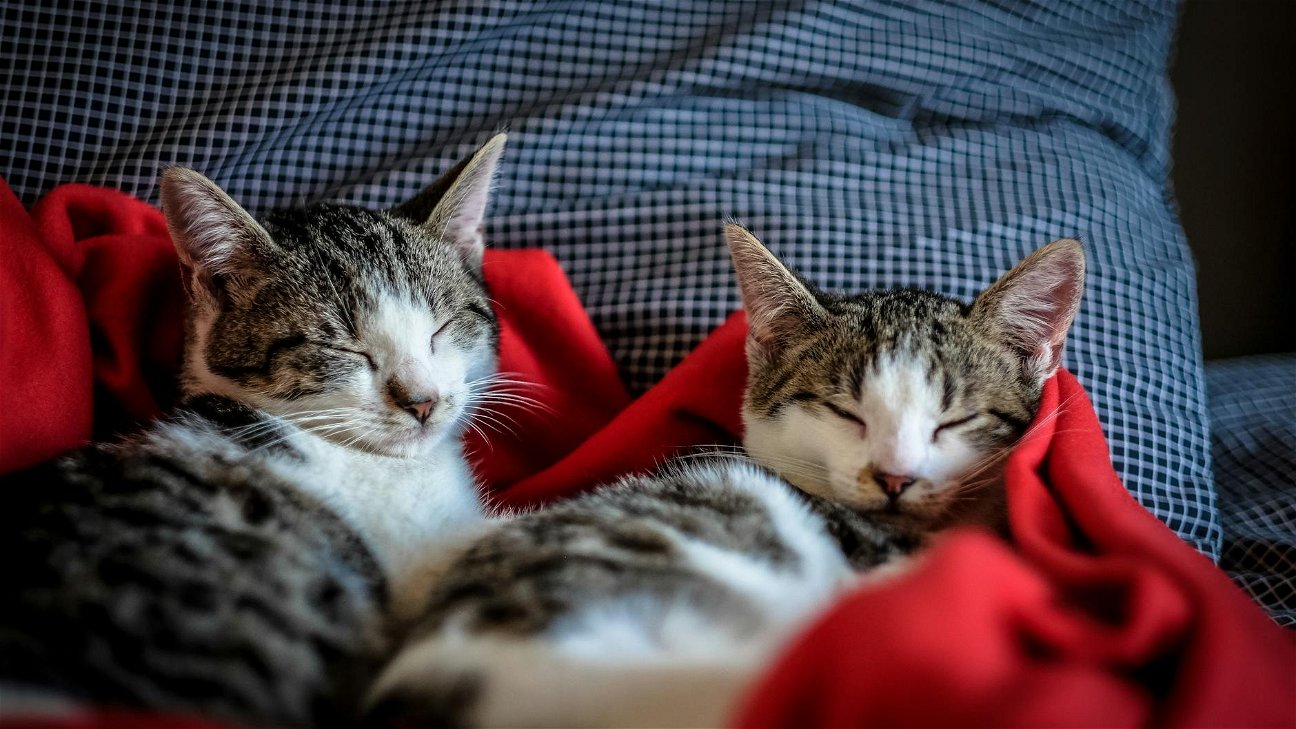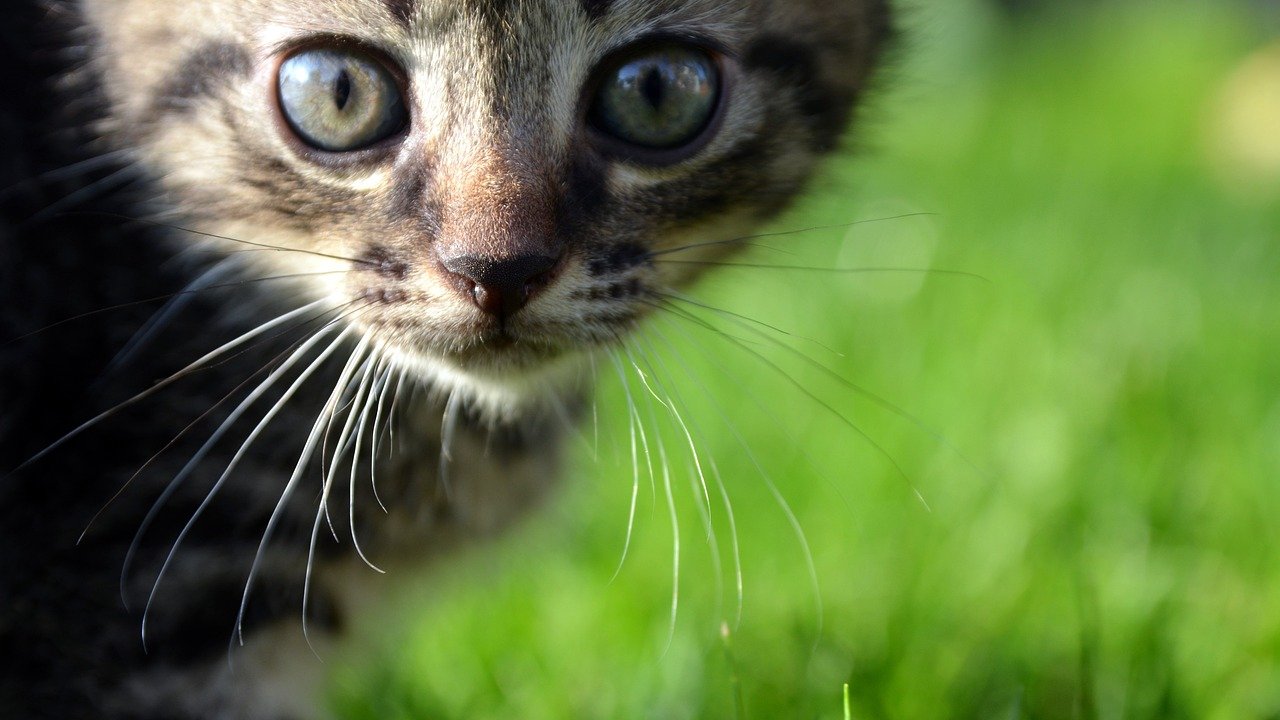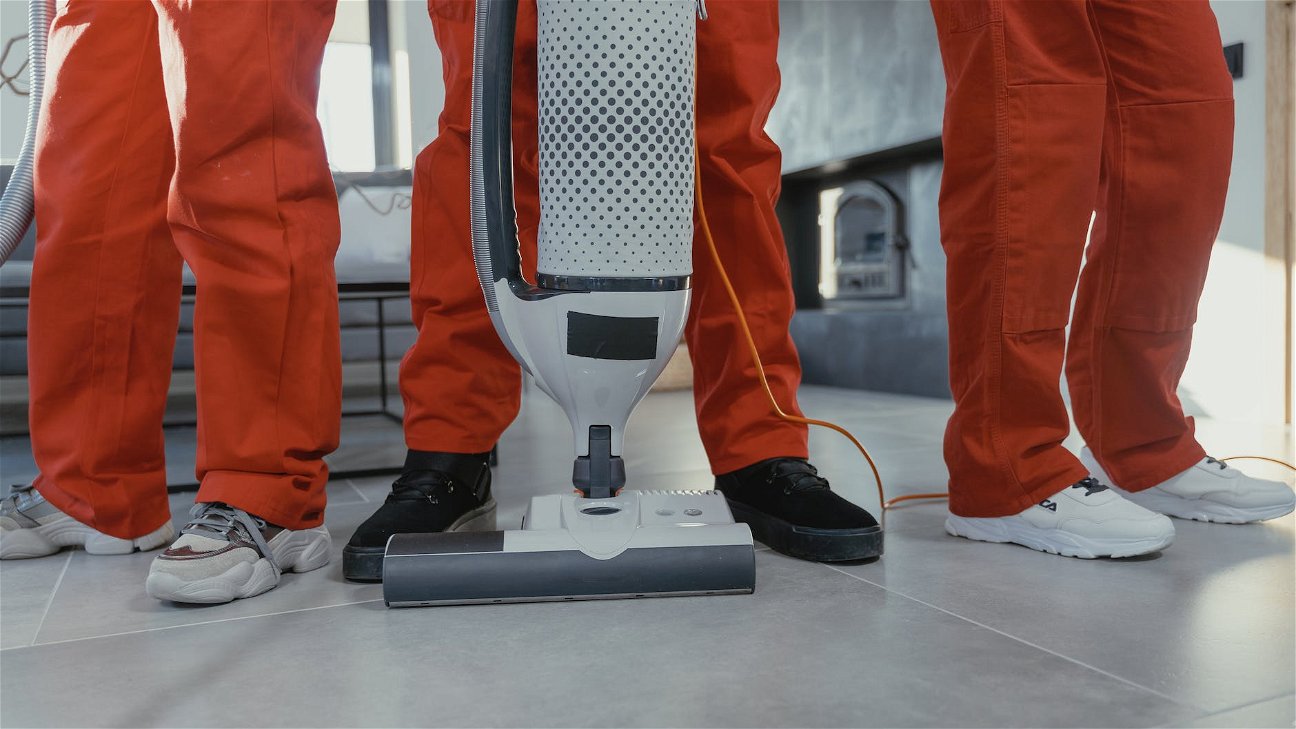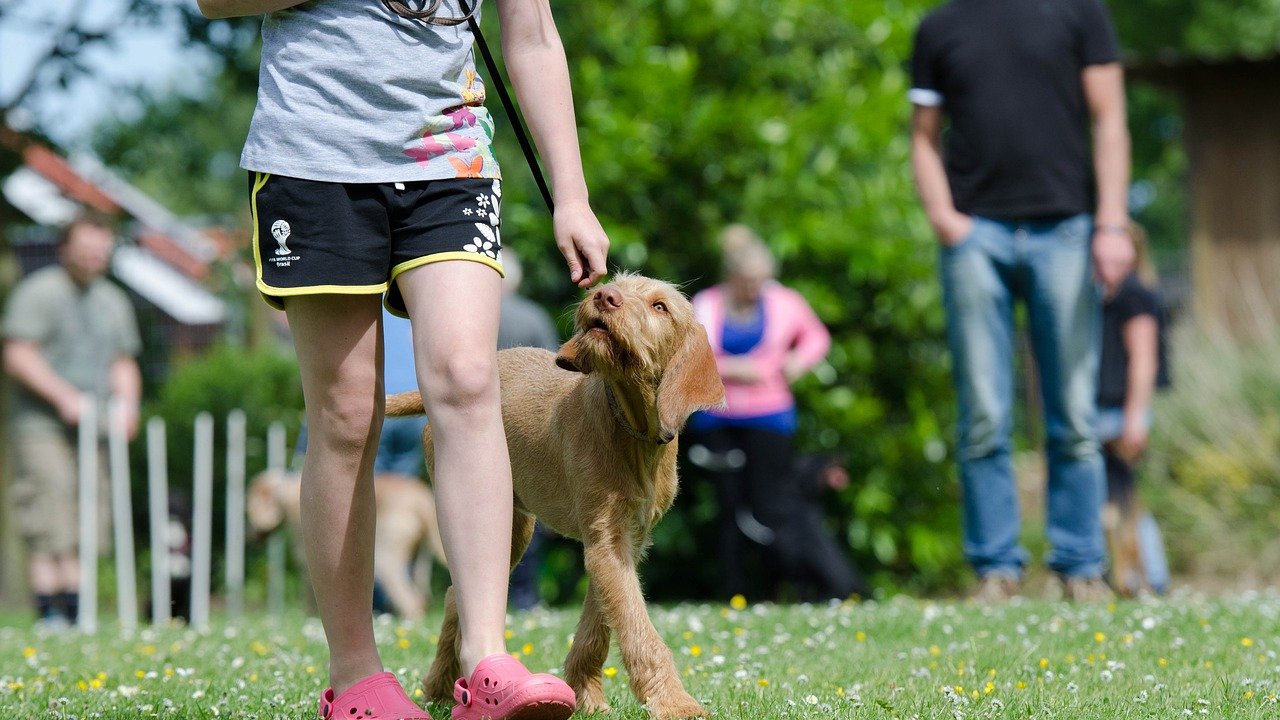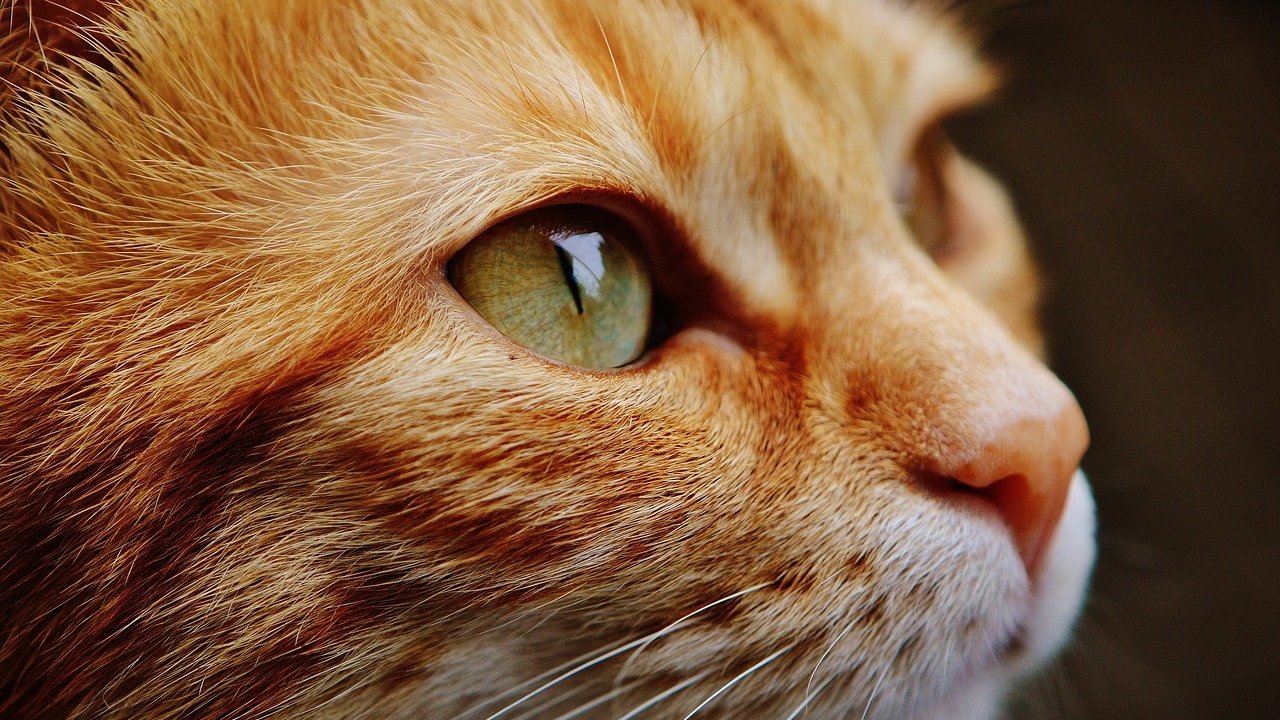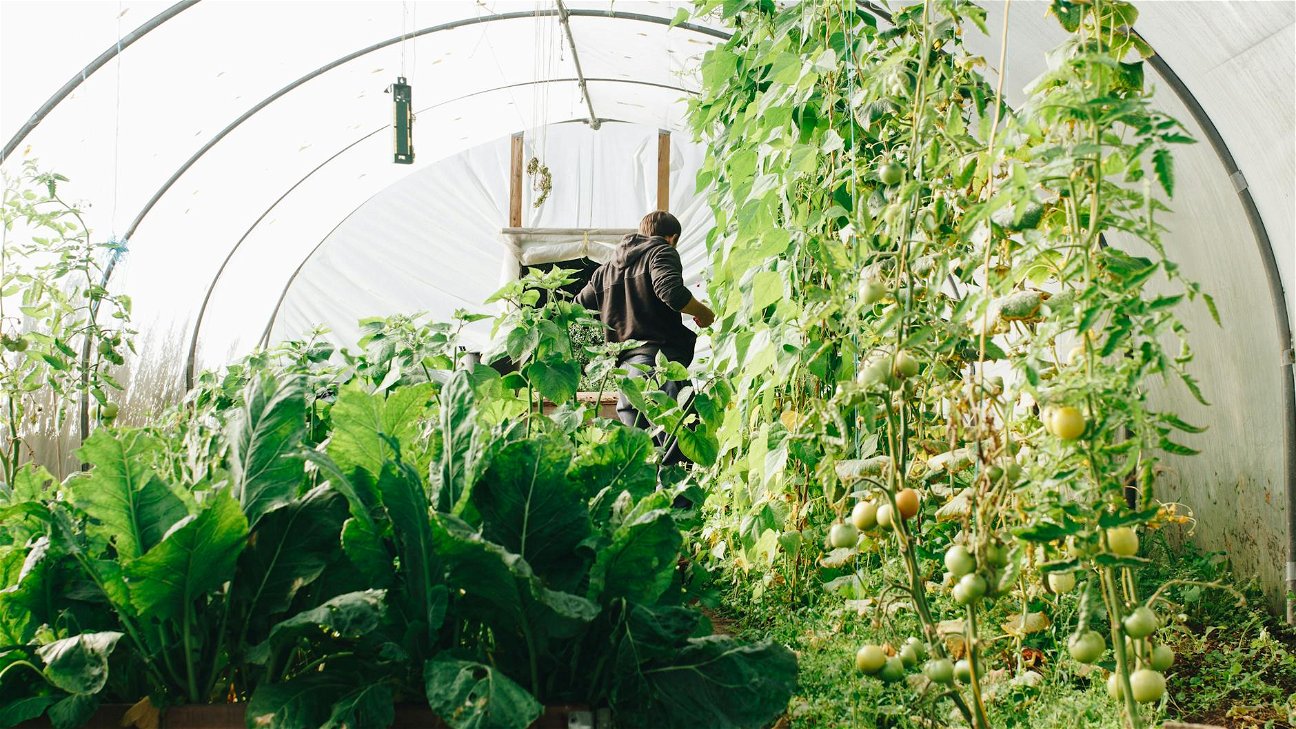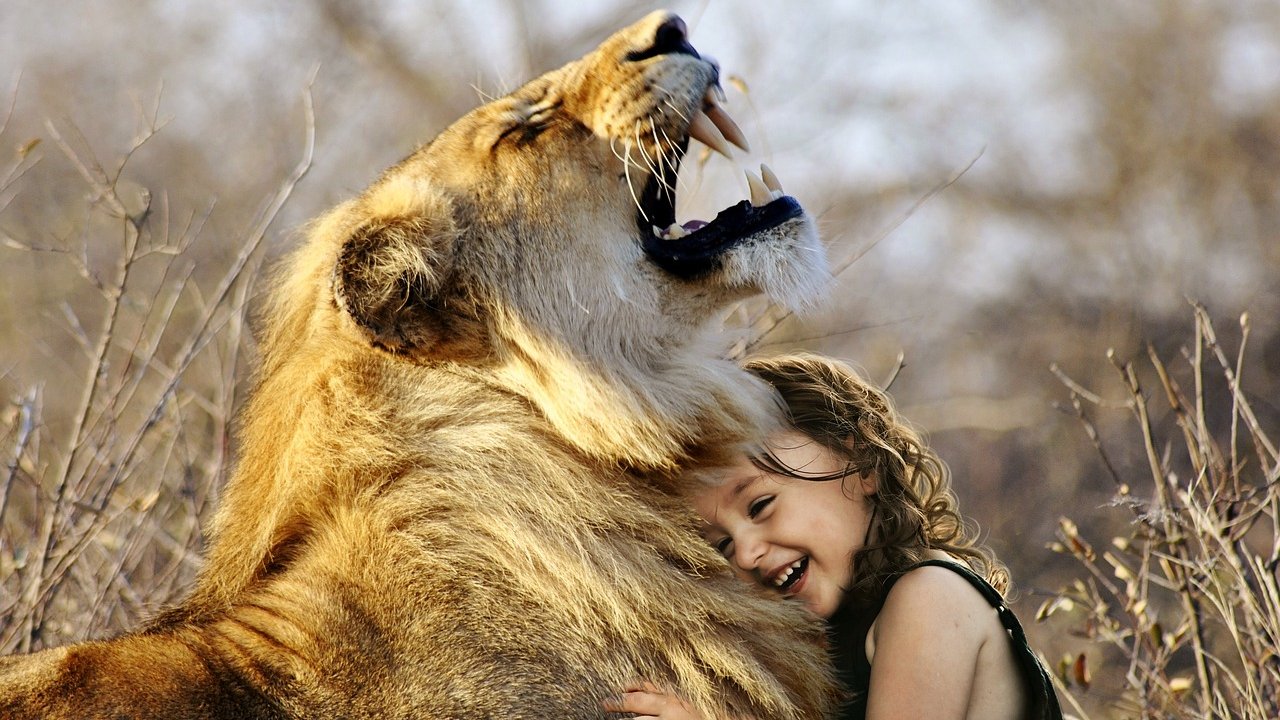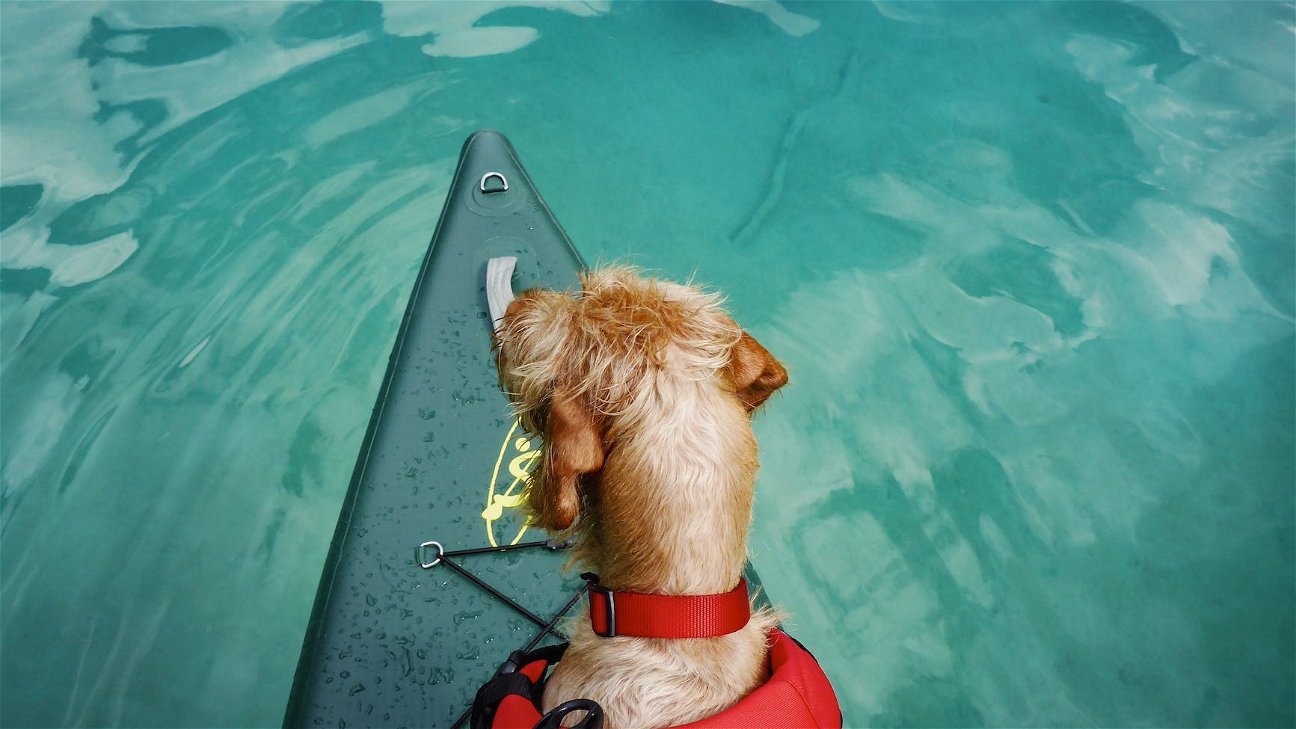
Pet owners love their furry friends and often want to share everything with them, including their food. But is it safe? In reality, feeding human food to pets can lead to a host of health issues. Let's take a deep dive into the top three dangers.
Dangers of Feeding Human Food to Pets
-
Nutrient imbalance
The nutrient requirements of humans and pets differ significantly. Human food, which is usually high in sugars, salts, and fats, can lead to an imbalanced diet in pets. Consistently feeding pets human food can result in obesity, malnutrition, and other serious health problems.
For example, cats require a diet high in protein, while dogs need a balanced mix of protein, carbohydrates, and a small amount of fat. Feeding them foods designed for humans can lead to nutritional deficiencies or excesses.
-
Toxicity
Many foods that are safe for humans can be toxic to pets. Examples include chocolate, onions, garlic, grapes, raisins, and certain types of nuts. These foods can cause severe and often life-threatening reactions in animals.
Even foods that seem harmless, like avocado and certain citrus fruits, can cause stomach upset, vomiting, and weakness in pets. It's crucial to be aware of these dangers and keep harmful foods out of reach of pets.
-
Habit formation
Pets, especially dogs, are creatures of habit. If they get used to eating human food, they might refuse to eat their own food. This can lead to a lack of appetite, weight loss, and behavioral issues.
Moreover, pets who get used to begging for food can become a nuisance, and this habit can be hard to break. It's better to establish good feeding habits from the start and avoid giving pets human food.
Preventing the Dangers
Understanding the dangers of feeding human food to pets is the first step to ensuring their health and longevity. Here are some tips on how you can prevent these dangers:
-
Stick to pet-friendly diets: Choose high-quality pet food that meets the nutritional needs of your pet. Consult with your vet to determine the best diet for your pet's age, breed, and health condition.
-
Keep harmful foods out of reach: Ensure that foods known to be toxic to pets are stored away securely.
-
Establish good feeding habits: Feed your pet at regular times and avoid giving them table scraps or treats from your plate.
Remember, your pets rely on you for their wellbeing. Feeding them properly can help ensure they lead a healthy and happy life.


